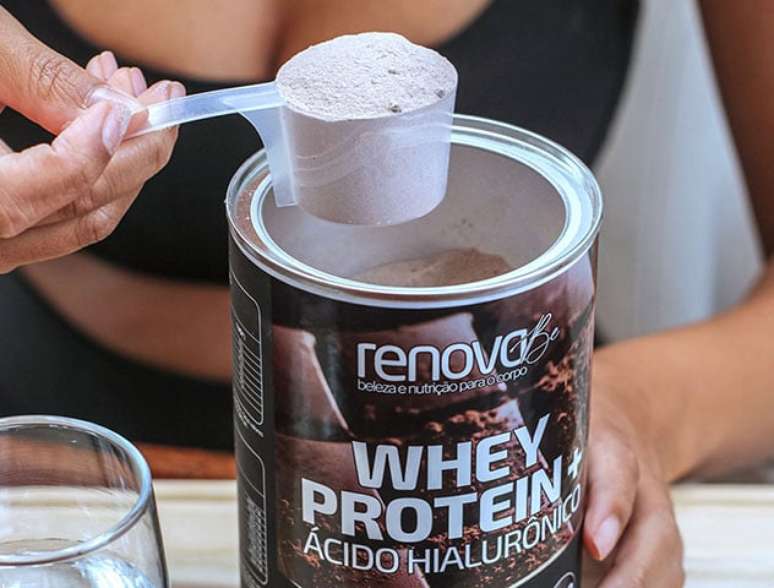This condition occurs when atmospheric conditions cause an increase in body temperature, making it difficult to maintain the 36.5°C necessary for the body’s well-being.
A study recently published by the Laboratory of Environmental Satellite Applications of the Federal University of Rio de Janeiro (Lasa/UFRJ) has brought a worrying revelation: more than 38 million Brazilians suffer from heat stress. This condition occurs when atmospheric conditions cause an increase in body temperature, making it difficult to maintain the 36.5°C necessary for the well-being of the organism.
The high temperatures and low humidity that have affected several Brazilian states in recent weeks aggravate the risks associated with heat stress. “Excessive heat causes, among other consequences, intense sweating, dilation of peripheral vessels and a drop in blood pressure”explains Pedro Chocair, general practitioner and nephrologist at the Alemão Oswaldo Cruz Hospital, on CNN.
What is heat stress?
Heat stress is a condition in which the body is exposed to high temperatures for prolonged periods, resulting in difficulty regulating internal temperature. This situation is particularly dangerous for vulnerable groups, such as the elderly and people with kidney disease, as it can lead to dehydration and decline in kidney function.
Symptoms of heat stress are varied and may include fatigue, headache, muscle pain, and neurological changes such as confusion, dizziness, and insomnia. The teacher Renata Libonatiwhich conducted the Lasa/UFRJ study, warns CNN: “Heat stress can cause a range of health problems, from mild discomfort to fatal cases, especially in people with pre-existing medical conditions.”
Ignoring the signs of heat stress can lead to serious complications. In addition to dehydration, prolonged exposure to extreme heat can cause heatstroke, organ failure, and even death, especially in those with preexisting health problems.
How to prevent heat stress?
Hydration is the main form of prevention against heat stress, as Pedro Chocair points out. He emphasizes that regular water intake is essential, especially for children and the elderly, who are more prone to dehydration. Another important point is food.
To protect yourself, follow these tips:
- Use sunscreen when leaving the house;
- Wear light clothing and accessories such as hats and sunglasses;
- Drink water frequently, without expecting to be thirsty;
- Consume foods rich in sodium, potassium and magnesium to replenish mineral salts;
- Avoid strenuous physical activity between 10:00 am and 4:00 pm;
- Wash your nose with saline solution to avoid discomfort;
- Keep rooms clean and well ventilated to avoid respiratory problems.
It is also essential to maintain a light diet, rich in carbohydrates and low in fat. At CNN, the general practitioner Victor Sato recommends balanced meals to aid digestion and avoid gastric disorders such as heartburn and nausea.
Source: Terra
Rose James is a Gossipify movie and series reviewer known for her in-depth analysis and unique perspective on the latest releases. With a background in film studies, she provides engaging and informative reviews, and keeps readers up to date with industry trends and emerging talents.







